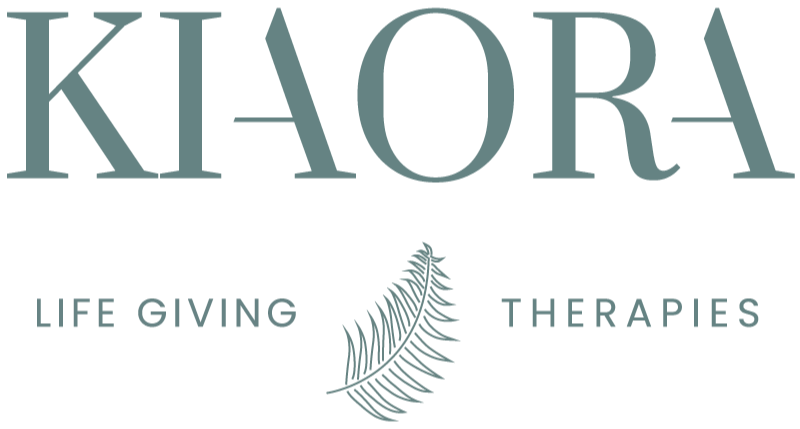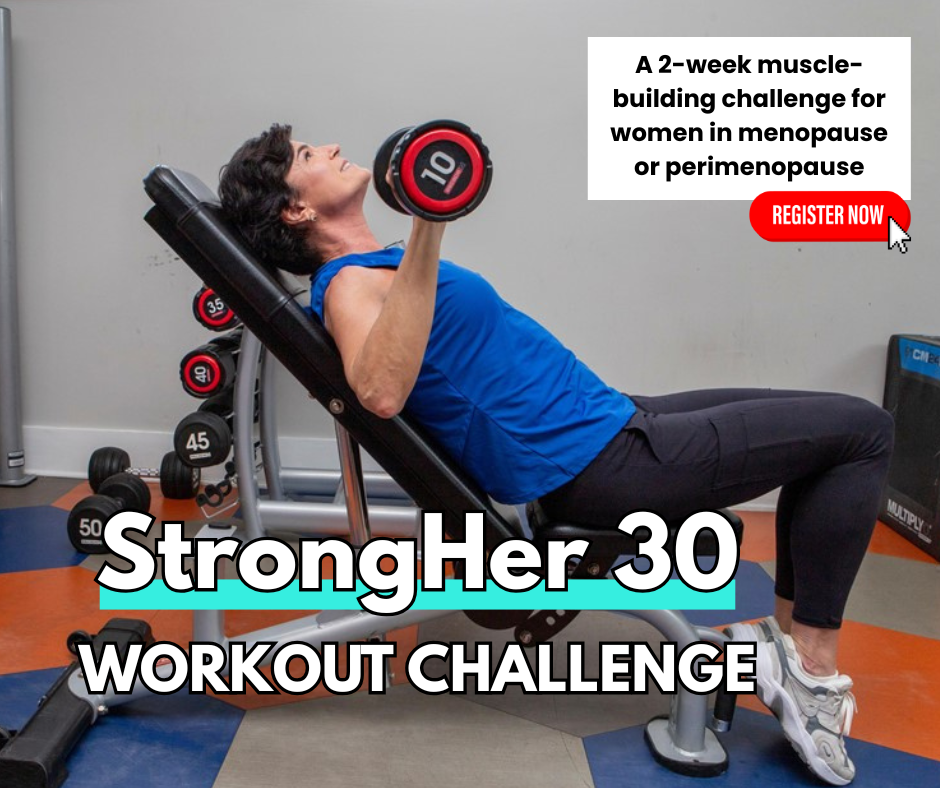What You Need to Know About Perimenopause: Prepare Now for a Smooth Transition

This post contains affiliate links to products. I may receive a commission for purchases made through these links.
Apple Podcast - Spotify
What You Need to Know About Perimenopause: Prepare Now for a Smooth Transition
Today, I'm speaking directly to my younger self—those of you in your late 30s or 40s, and just starting to notice the signs of perimenopause.
If you’re feeling overwhelmed about your changing body and wondering how to prepare for this next phase of life, this post is for you.
As a Trim Healthy Coach, personal trainer, and menopause fitness specialist, I’ve been through it all, and I want to share some wisdom I wish I had known in my 20s and 30s. This is the advice I’m giving my own daughters.
Let’s discuss what you can do today to create a strong foundation for your midlife health, focusing on hormones, weight training, protein intake, and lifestyle factors that will be game-changers for your well-being.
Get Educated Early on Hormones and Perimenopause
One of the biggest lessons I’ve learned?
Don’t wait until menopause hits you like a truck to start learning about it.
Think about how much research you did when you were pregnant—why wouldn’t you do the same for menopause? Most of us aren’t taught what to expect in midlife, and that lack of preparation can lead to confusion and frustration later on.
What you do today is laying the foundation for your future, especially when it comes to hormone health.
Start Thinking About Hormone Replacement Therapy (HRT)
A big piece of the puzzle is hormone replacement therapy (HRT), and it’s something you should start researching sooner rather than later.
Let me clear up a common myth right off the bat: Bioidentical hormone replacement therapy does not cause cancer. Synthetic hormones have been linked to increased cancer risk, but bioidentical HRT is much safer and can provide numerous benefits.
Start by reading Estrogen Matters by Dr. Avrum Bluming—it’s a great resource that debunks myths about HRT and dives into the science of how estrogen, progesterone, and testosterone work in the body.
Key Points to Discuss with Your Practitioner
- Are you a good candidate for HRT?
- Should you start with progesterone or estrogen first?
- When is the best time to begin HRT?
- Should you get hormone testing done now?
Weight Training—The Non-Negotiable for Midlife Health
If there’s one thing I wish I could shout from the rooftops, it’s this:
Start weight training NOW!
Don’t wait until you hit midlife to begin. Building muscle in your younger years means you won’t fight an uphill battle once your hormones change.
As a personal trainer, I’ve been weight training since I was 20, and it’s one of the best things I’ve done for my body. But back then, I was focused on cardio—way too much cardio, actually. It wasn’t until I hit menopause that I realized how much I needed to adjust my routine.
How to Change Your Training as You Age
Once you’re in midlife, you may need to:
- Focus on lifting heavier weights to combat muscle loss (sarcopenia).
- Increase recovery time between sessions to prevent burnout.
- Prioritize strength training over excessive cardio for fat loss and overall health.
Building muscle will keep you strong, protect against bone deterioration, and increase your insulin sensitivity—a critical factor for managing midlife belly fat.
Protein Is a Game-Changer in Perimenopause
Protein has been a HUGE factor in my health and muscle-building journey, especially as I’ve moved into menopause.
In the past year and a half, I’ve focused on anchoring every meal with protein, and it’s been a total game-changer. Not only is it crucial for muscle building and recovery, but it’s also vital for regulating insulin and controlling cravings.
Why You Need More Protein in Midlife
Menopausal women actually need more protein than their younger counterparts because we’re in a catabolic state—meaning our bodies aren’t synthesizing protein as efficiently.
Here’s what adequate protein does for you:
- Helps build and maintain muscle.
- Supports a healthy metabolism.
- Aids in reducing cravings and stabilizing blood sugar.
- Increases insulin sensitivity, helping to combat stubborn belly fat.
Checklist: How to Boost Your Protein Intake
- Aim for 25-30 grams of protein per meal, 4 times a day (breakfast, lunch, snack, and dinner).
- Choose complete proteins like animal sources (chicken, beef, eggs) and supplement with plant-based options for variety.
- Use optimized protein powders like the Trim Healthy collagen, whey protein, and essential amino acids for easy boosts throughout the day.
By consistently feeding your muscles every 3-4 hours, you’ll find it easier to regulate cravings, balance your blood sugar, and maintain muscle mass.
Don’t Ignore These Critical Lifestyle Factors
When I was younger, I only focused on diet and exercise. But now I realize that other factors—like stress management, sleep, and everyday movement—are crucial to midlife health.
Manage Stress Early
Stress is a major factor in hormone imbalance and can lead to adrenal fatigue, which only exacerbates symptoms in menopause. You can get ahead of this by practicing stress-reducing techniques now, such as:
- Daily walks
- Deep breathing exercises
- Meditation or journaling
Build a Sleep Routine Now
Sleep issues are incredibly common in menopause, but you don’t have to wait until you’re suffering to start improving your sleep hygiene:
- Turn off blue light devices an hour before bed to signal your brain to start producing melatonin.
- Get outside for natural sunlight exposure first thing in the morning to reset your circadian rhythm.
- Prioritize a regular sleep schedule—try to go to bed and wake up at the same time every day.
Move Every Day
While structured workouts like weight training are important, don’t underestimate the value of everyday movement. Walking, stretching, and simple movements can do wonders for your mental health and help combat the natural decrease in energy levels caused by lower estrogen.
The Midlife Thrive Tribe—Your Support System for Success
Now, if you’re feeling overwhelmed by all of this information, don’t worry—you’re not alone!
That’s exactly why I created the Midlife Thrive Tribe. It’s a membership designed for Trim Healthy women to help navigate this midlife season with confidence and consistency.
Whether you need help figuring out your protein needs, adjusting your workouts, or managing your hormones, we offer support in a like-minded environment.
In the Thrive Tribe, you’ll get:
- A clear roadmap for daily Trim Healthy living.
- Guidance on hormone support, strength-building, and meal planning.
- Live coaching sessions with me, Coach Kris Honeycutt, to work through your personal challenges.
- And most importantly, a community of women following the Trim Healthy eating plan just like you, all working toward the same goal—thriving in midlife!
You can join us now or get on the waitlist for our next enrollment period by CLICKING HERE to visit the Midlife Thrive Tribe membership page.
Key Takeaways for a Strong Midlife Foundation
If I could leave you with one thought, it’s this:
Start building your midlife foundation NOW.
Whether it’s through hormone education, weight training, protein intake, or stress management, every small step you take today is an investment in your future well-being. You don’t have to do it all at once, but don’t wait until you’re struggling to take action.
Remember, midlife doesn’t have to be hard or confusing—with the right support, you can thrive!
Looking forward to seeing you in the Thrive Tribe!

MUSIC PROVIDED BY - https://www.purple-planet.com/




